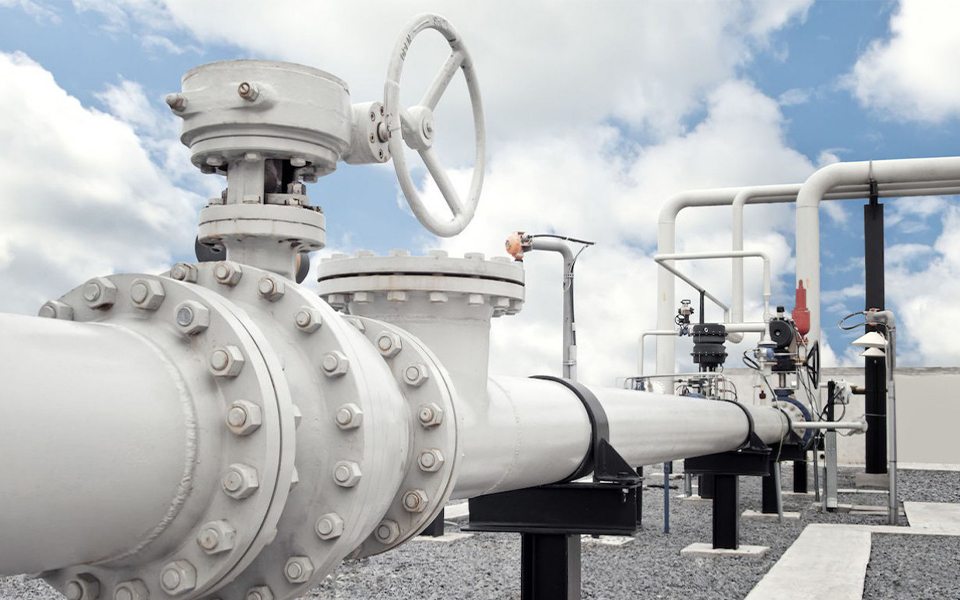INDUSTRY NEWS
What are the effects of different materials on valve performance
As a key equipment for fluid control, the performance of valves depends to a large extent on the material used. Different materials show obvious differences in corrosion resistance, strength and pressure resistance, high temperature resistance and sealing performance.
In terms of corrosion resistance, stainless steel valves perform well and can effectively resist the corrosion of various media such as nitric acid and organic acid, but it should be noted that their corrosion resistance to non-oxidizing acids such as sulfuric acid and hydrochloric acid is poor. Cast iron valves are suitable for less corrosive media such as water and steam. Copper valves have good corrosion resistance to water, seawater, etc., but they do not perform well in oxidizing acids such as nitric acid and concentrated sulfuric acid.
In terms of strength and pressure resistance, high strength materials such as cast steel and forged steel valves are suitable for high pressure systems and can withstand large pressures. In contrast, lightweight materials such as aluminum alloys may be more suitable for low-pressure applications.
High temperature resistance is also an important factor in the selection of valve materials. Stainless steel valve has excellent high temperature resistance and can withstand high temperature of about 550℃. Alloy steel by adding alloying elements, its high temperature resistance has been further improved, the highest can withstand 600℃ or even higher temperatures.
In terms of sealing performance, the material selection of the valve sealing surface is very important. High quality materials and processing can improve sealing and reduce the risk of leakage. For example, rubber is often used for sealing surfaces of low pressure valves, while metal sealing structures are suitable for high temperature environments to ensure the sealing performance of valves at high temperatures.
Different materials have a significant effect on valve performance. When selecting the valve, it is necessary to consider the corrosion of the medium, working pressure, temperature and sealing requirements, etc., to ensure that the selected valve can meet the requirements of use and has good performance. By reasonable selection of materials, the service life of the valve can be extended, and the safety and reliability of the fluid control system can be improved.

